Originally posted for the Bloc blog.
New coders, does this sound familiar? You’re finally getting the hang of programming. But then you overhear a conversation about a language you’ve never even heard of. Oh no! How could you call yourself a programmer if you’ve never even heard of Haskell? (How many programming languages are there?)
Easy, tiger. Impostor Syndrome is setting in hard. You feel like a fraud, even though your accomplishments show otherwise. Maybe you have successfully coded your first app but you feel like you’re pulling one over on the world by calling yourself a programmer. Or perhaps you enjoyed dabbling in Codecademy, but you could never actually make the switch to becoming a developer. Feeling this way is not only normal, it could actually be a signal of greatness.
Learning to program lends itself tragically well to Impostor Syndrome. There is so much to learn about programming, it’s impossible to be proficient in every aspect. Do you know how many people know everything there is to know about Ruby? Zero. Not a CS grad, not your smartest developer friend, not even the guy who created Ruby in the first place.
Rest easy, you’re not alone. No matter how experienced you are, you will always hear other developers talking about a new concept that you have never heard of. You may feel like you don’t belong in the conversation, but you do. Frame it as an opportunity to learn and become a better developer, and remember, everyone feels this way.
I can’t think of a group more prone to feeling this way than bootcamp students. The beauty of programming bootcamps is that they allow people with little to no programming experience enter and succeed in the field. Thus, if you called yourself a developer before you enrolled, you really would be an impostor.
At the most recent Bloc Career Talk, Bloc students shared their experiences with impostor syndrome. Hillary, a student in the Rails course, shares her experience:
“I started as a technical analyst at a company that created a proprietary application that worked alongside SharePoint. For the first few months I imagined myself getting fired daily. Six months after starting I was promoted, and three months after that I was promoted again to a managerial position.”
Hillary says she’s feeling impostor syndrome all over again as she sets out to land her first developer position, despite crushing her course and having four completed projects under her belt (way to go, Hillary!).
Okay, so there’s a name for this rotten feeling. Now what? As with many struggles, your first step is to recognize the issue. It’s only overwhelming and soul-crushing if you believe you’re the outsider. Think you really are the only person that feels this way? Try voicing your misgivings about your developer skills to a community of developers—I’d bet a lot of 1’s and 0’s that you’ll hear many others feel the same.
Once you realize that it’s a common struggle among beginners in any subject, the problem shifts from an internal judgment of yourself (“I’m just not a programmer”) to an opportunity to expand your skillset (“I have a lot that I can continue to learn”). The key to persisting through this forest of self-doubt, hopelessness, and anxiety is to accept what you don’t know, and challenge yourself to master it.
Then you can focus on progressing in your work to prove to yourself that you’re no impostor. If you’re facing an overwhelming problem, which is likely what led to all those “impostory” feelings in the first place, break it into tiny steps. Whether this is fixing a bug, writing an app, or getting to the end of your foundations, it will feel more manageable if you break the problem into pieces and celebrate the small wins.
Note: I struggled the entire way while writing this. Who am I to think I’m a writer?
